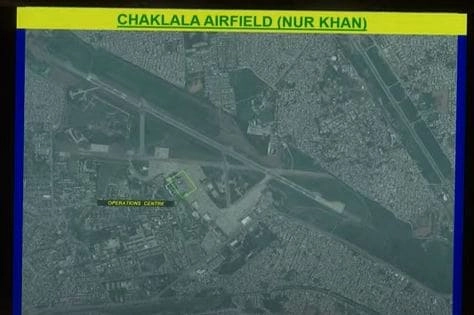The recent shift in Pakistan’s stance regarding its relationship with India can be traced back to a critical turning point: India’s air strikes. Following the Pulwama attack in February 2019, where 40 Indian paramilitary personnel lost their lives in a terrorist attack, India conducted air strikes in Balakot, targeting a militant training camp. This decisive military action not only showcased India’s capability to respond to cross-border terrorism but also marked a significant escalation in the long-standing conflict between the two nations. According to military officials, this operation sent a clear message to Pakistan, demonstrating that India would no longer tolerate acts of terrorism emanating from its territory.
The aftermath of the air strikes led to a noticeable change in Pakistan’s diplomatic posture. Previously, Pakistan had maintained a defiant stance, often denying involvement in terrorist activities and dismissing India’s complaints. However, the successful execution of the air strikes prompted a reevaluation of strategy within the Pakistani establishment. Military analysts suggest that the fear of further retaliatory actions from India has led Pakistan to adopt a more conciliatory approach in its dealings with New Delhi. This shift is evident in Pakistan’s willingness to engage in dialogue and reconsider its support for militant groups operating against India.
Moreover, the international community has played a crucial role in influencing Pakistan’s change in stance. In the wake of the air strikes, global powers, particularly the United States, pressured Pakistan to take concrete actions against terrorism. This external pressure, coupled with India’s demonstrated resolve, has contributed to a recalibration of Pakistan’s policies. As a result, there have been attempts by Pakistan to distance itself from certain militant factions, indicating a recognition that continued support for such groups could lead to further isolation on the world stage.
In conclusion, India’s air strikes represented a pivotal moment that altered the dynamics of India-Pakistan relations. The resultant change in Pakistan’s approach reflects not only the impact of military action but also the broader implications of international diplomacy. As both nations navigate this complex landscape, the focus remains on whether this change will lead to a sustainable peace or merely a temporary shift in tactics. The evolving situation underscores the delicate balance of power in South Asia and the ongoing challenges of managing historical grievances and security concerns.




